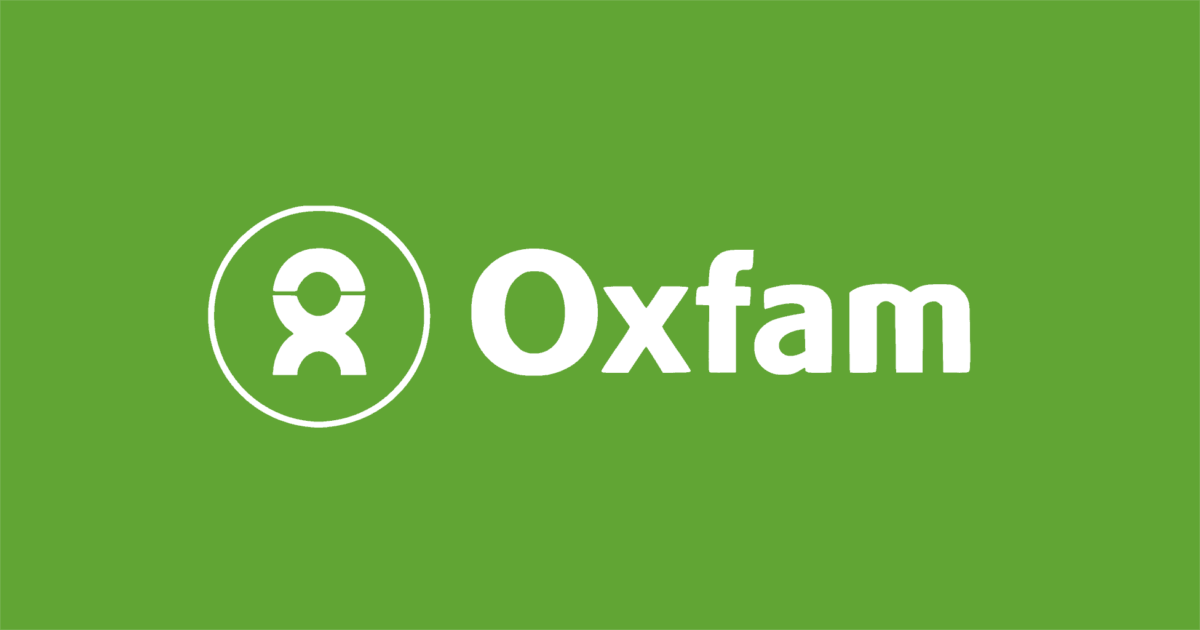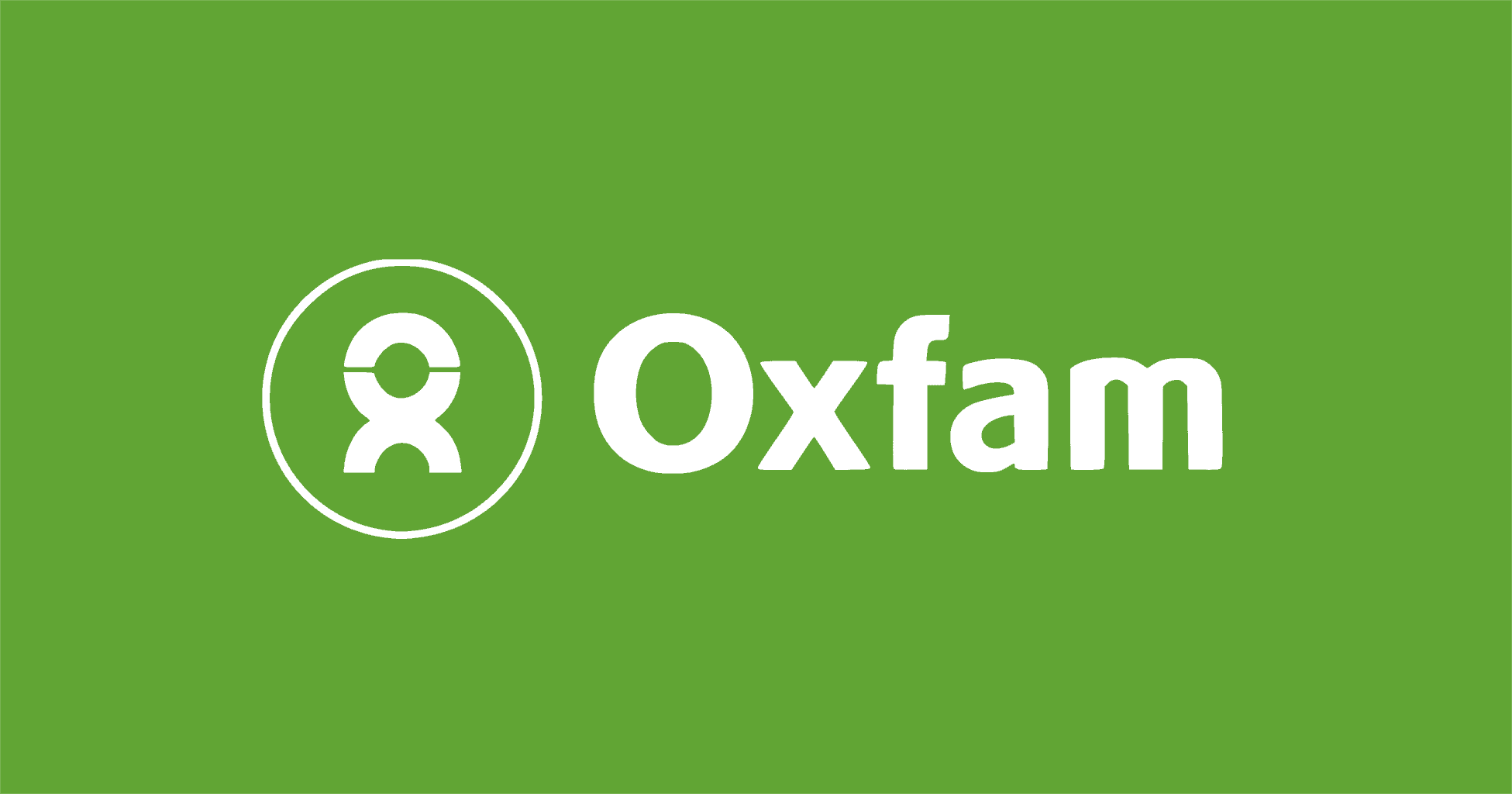Afghanistan
Afghanistan
Afghanistan has been engulfed in violent armed conflict since the fall of the Taliban regime in 2001, and efforts to build sustainable peace while preventing the re-establishment of extremist rule depend on the inclusion of women.
Living in the most dangerous place in the world to be a woman, as the Thomas Reuters Foundation revealed in 2011, Afghani women have emerged as leaders in the peace process— advocating constantly for more inclusive government, and inspiring marginalized groups nationwide to demand a place in the political system. Despite the important role that Afghani women play in bringing about social change in Afghanistan, many barriers to their involvement still exist.
Based on the work of NGOWG members and their partners, the NGOWG advocates for eliminating these barriers by encouraging UNAMA to support the Afghan government in fully implementing the National Action Plan on Women, Peace and Security (NAP), and ensuring women’s full and equal participation in regularly held elections.
Current and Past Recommendations to the UN Security Council (Monthly Action Points)
In the forthcoming mandate renewal for the UN Assistance Mission in Afghanistan (UNAMA), the Council should maintain the existing references to women and girls in both preambular and operative paragraphs (S/RES/2305 (2018), OPs 6(e), 10, 14, 15, 19, 21, 30, 38, 39), and add a new provision calling for gender to be a cross-cutting issue across the mandate of the mission. Further, the Council should also:
- Call on the Government and its international partners to ensure counter terrorism and violent extremism efforts do not undermine human rights or impede the ability of civil society organizations (CSOs), including women’s groups, to operate effectively.
- Add a provision to UNAMA’s mandate that calls on the mission to actively support the implementation of the National Action Plan (NAP) on Resolution 1325 (2000), including in the development of institutional and accountability structures, and finalization of the financial mechanism to ensure implementation in 2019 (S/RES/2242 (2015), OP 2).
- Further call on UNAMA, as part of its efforts to support implementation of the Convention on the Elimination of All Forms of Discrimination Against Women (CEDAW), to support implementation of the priorities of the NAP on 1325 (2000), including by ensuring all government budgets reflect stated priorities related to women’s rights and gender equality.
- Add a provision to UNAMA’s mandate that calls on the mission to prioritize activities and efforts to promote women’s protection and participation, mirroring the request to prioritize child protection activities.
- Add a provision to UNAMA’s mandate that ensures implementation of commitments made at the London, Kabul, Bonn and Tokyo conferences are gender-sensitive and inclusive.
- Call on the Government and international partners to ensure efforts to counter drug trafficking are grounded in gender analysis and are gender-sensitive in their implementation.
- Call on the Government and international partners to increase efforts to support women’s meaningful participation in all aspects of peace and security processes and make special note of the importance of addressing the sustained violence against Afghan women leaders and human rights defenders (CEDAW/C/AFG/CO/1-2).
- Call on the Government to develop, in consultation with female members of the High Peace Council, clear procedures to engage women in peace negotiations and conflict resolution efforts (CEDAW/C/AFG/CO/1-2). Ensure that Afghan women from diverse groups, including from civil society and from various social, ethnic, political, and religious backgrounds, are included and meaningfully participate in peace talks, including as negotiators.
- Request the Government to ensure the promotion and inclusion of women in electoral processes, including by developing a policy to this effect, and establish networks between government, civil society, and other stakeholders to promote women’s participation in elections as voters, candidates, and electoral observers.
In the forthcoming mandate renewal for the UN Assistance Mission in Afghanistan (UNAMA), the Council should maintain the existing references to women and girls in both preambular and operative paragraphs (S/RES/2305 (2018), OPs 6(e), 10, 14, 15, 19, 21, 30, 38, 39), and add a new provision calling for gender to be a cross-cutting issue across the mandate of the mission. Further, the Council should also:
- Call on the Government and its international partners to ensure counter terrorism and violent extremism efforts do not undermine human rights or impede the ability of civil society organizations (CSOs), including women’s groups, to operate effectively.
- Add a provision to UNAMA’s mandate that calls on the mission to actively support the implementation of the National Action Plan (NAP) on Resolution 1325 (2000), including in the development of institutional and accountability structures, and finalization of the financial mechanism to ensure implementation in 2019 (S/RES/2242 (2015), OP 2).
- Further call on UNAMA, as part of its efforts to support implementation of the Convention on the Elimination of All Forms of Discrimination Against Women (CEDAW), to support implementation of the priorities of the NAP on 1325 (2000), including by ensuring all government budgets reflect stated priorities related to women’s rights and gender equality.
- Add a provision to UNAMA’s mandate that calls on the mission to prioritize activities and efforts to promote women’s protection and participation, mirroring the request to prioritize child protection activities.
- Add a provision to UNAMA’s mandate that ensures implementation of commitments made at the London, Kabul, Bonn and Tokyo conferences are gender-sensitive and inclusive.
- Call on the Government and international partners to ensure efforts to counter drug trafficking are grounded in gender analysis and are gender-sensitive in their implementation.
- Call on the Government and international partners to increase efforts to support women’s meaningful participation in all aspects of peace and security processes and make special note of the importance of addressing the sustained violence against Afghan women leaders and human rights defenders (CEDAW/C/AFG/CO/1-2).
- Call on the Government to develop, in consultation with female members of the High Peace Council, clear procedures to engage women in peace negotiations and conflict resolution efforts (CEDAW/C/AFG/CO/1-2). Ensure that Afghan women from diverse groups, including from civil society and from various social, ethnic, political, and religious backgrounds, are included and meaningfully participate in peace talks, including as negotiators.
- Request the Government to ensure the promotion and inclusion of women in electoral processes, including by developing a policy to this effect, and establish networks between government, civil society, and other stakeholders to promote women’s participation in elections as voters, candidates, and electoral observers.
Relevant Resources










